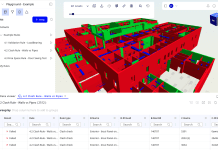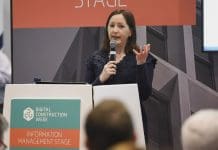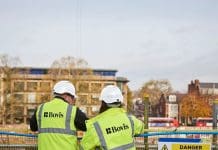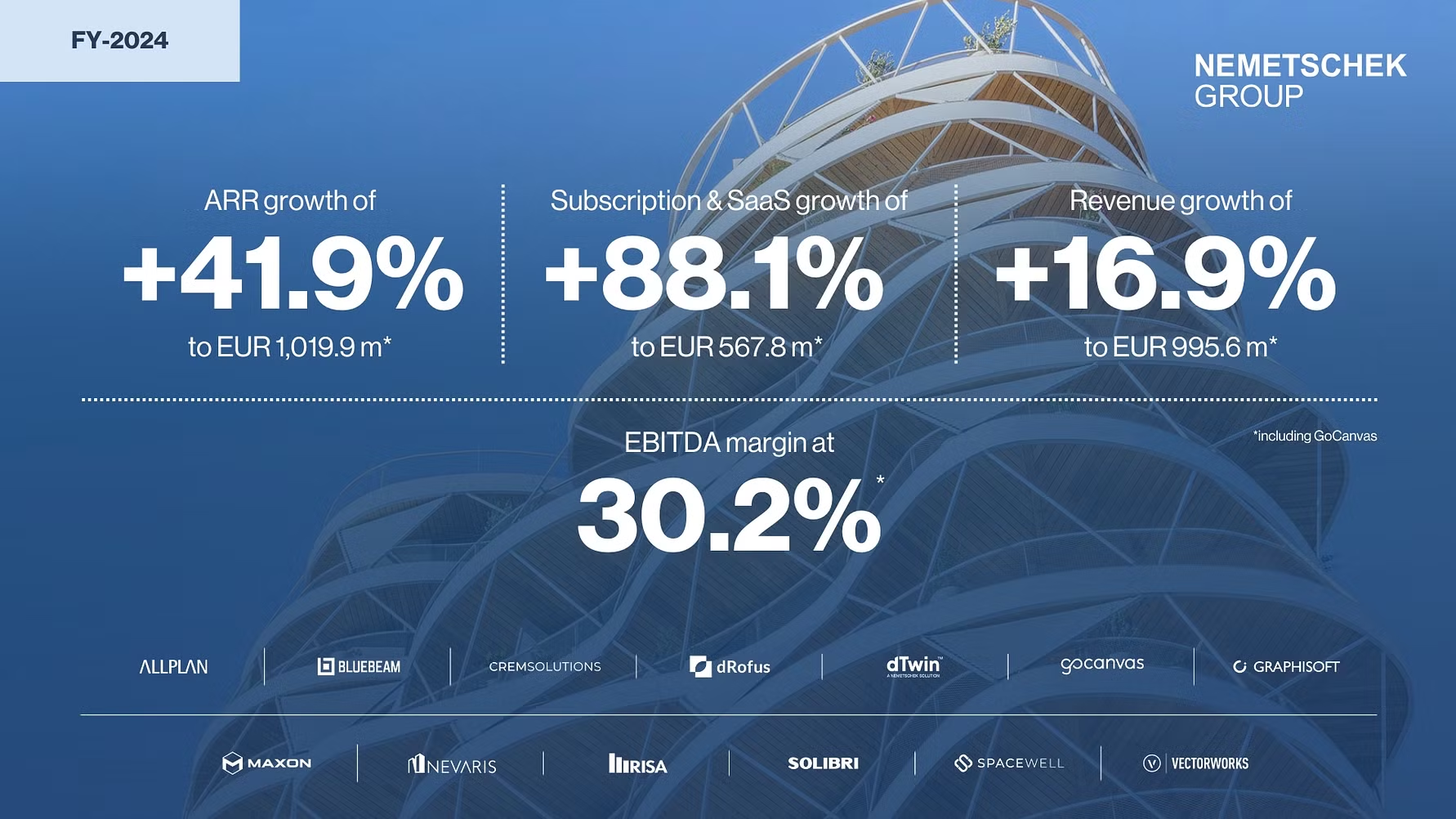Smart cities that harness data to improve the lives of citizens are no longer a far-off vision – they are a reality. Susie Tomson, Sustainability Director at PCSG, discusses their emergence – and a new initiative to create a blueprint for smart cities around the globe
A decade ago, the smart city debate centred on fads and headline-grabbing technologies. The visionary idea of connected devices exchanging data – the Internet of Things (IoT) – came to be embodied by the fridge that warned you when milk was running low.
Harnessing technology to improve urban living proved to be full of pitfalls – as exemplified by Barcelona, one of the pioneers of the smart city concept.
“City Hall ended up with a lot of data…a lot of dashboards,” explained Francesca Bria, the city’s chief technology officer and digital commissioner, in a recent FT interview. “Yet without any capacity to really use data and information to take better decisions for the public good.”
But now a combination of advances in technology and a new maturity of approach has put smart cities and the use of IoT technology to enable us to meet the challenges facing our cities firmly back on the corporate agenda.
Factors including a rapid reduction in the unit cost of collecting, processing and storing information, the rise of mobile technology, an exponential growth in computing power and advances in data capturing techniques such as networked sensors have made it possible for us to generate and analyse huge quantities of data about our environment.
In addition, those working in the arena, as demonstrated by Barcelona, have learnt from their past experiences and have developed a greater understanding of the need to put the people and the outcome – not the technology – first.
CityVerve: A blueprint for smart cities
A fresh impetus to the smart city/IoT agenda, has come from big-name organisations including Dell. Last year, at the IQT Day Conference in New York, the computer giant announced a three-year investment in IoT technologies.
“We will soon have 100bn connected devices and then a trillion,” chairman Michael Dell announced. “We will be awash in data.”
In the UK, companies including BT, Cisco and Ordnance Survey (the custodian of a geospatial database, containing over half a billion data points), have thrown their weight behind CityVerve – the UK’s smart city demonstrator.
The demonstrator, based in Manchester, is focused on harnessing technology to better manage the city’s assets, improve the efficiency of services and to better serve the needs of its citizens.
With a focus on areas including the public transport network and energy consumption in the city, it ultimately aims to be a blueprint for cities around the globe, showing how IoT technology can create better places to live and work.
Those behind the project have been quick to emphasise that its focus is on people and social outcomes – rather than on technology.
“This project isn’t just about giving cutting-edge connectivity to sensors and devices,” explains Vicki DeBlasi, CityVerve communications lead. “It isn’t about ‘things’ at all – it’s about people.”
Smart Infrastructure: Unlocking value from our assets
The ‘smart’ use of data to improve our built environment was the focus of a paper released in September 2016 by the Cambridge Centre for Smart Infrastructure & Construction (CSIC).
Compiled by leaders from industry and academia, the Smart Infrastructure Paper argued that digitally enhanced infrastructure – which it defined as the result of combining physical infrastructure with digital infrastructure (sensors/IoT/big data) – has the “potential to make a revolutionary impact on the efficient use of existing infrastructure as well as new build”.
It highlighted how owners will be able to use technology to gather data from their infrastructure in use – monitoring condition, so maintenance is targeted at the right time or engaging directly with customers to manage demand and reduce the need for new construction. The key, it said, is data but, more specifically, “the ability to understand and act on” that data.
PCSG: Applications for our ‘smart’ age
Harnessing today’s data-rich world to generate value for owner-operators and building occupants was the prompt for PCSG’s exciting new energy optimisation and user well-being app, Entelligently.
Co-developed with KnowNow Information, it utilises the most sophisticated sort of sensors: people.
Building occupants – whether office-workers or students – are encouraged to feed information into an easy-to-use app about their comfort levels – whether they feel hot, cold or sleepy. To encourage this feedback, they receive ‘smart nudges’ or ‘snudges’ suggesting how they might feel and providing actions they can take to avoid discomfort.
The app recognises that everyone is individual in their comfort profile and that trying to create a uniform internal environment in any office only leads to continual adjustment of heating and cooling controls. This continually increases the energy consumption as air con units work inefficiently battling for the perfect temperature – and contributing to the energy performance gap.
Engaging and influencing occupants – and providing a snapshot of the comfort levels of those around them – leads to a more energy efficient building, lower energy bills and staff who, because they can influence and improve their own comfort and wellbeing (and are doing their bit for the environment), are increasingly satisfied and perform better.
We were thrilled when, following a selection day, our app was one of a group selected for further development by the CityVerve programme. It has doubled the number of buildings now using Entelligently.
The ‘smart’ age is now a reality. The time has come for us to exploit the data available, to reset the relationship between buildings, people and communities – and to unlock the value for our construction and infrastructure sectors and for our citizens.
For more information on Entelligently, email susie.tomson@pcsg.co.uk.
For more information about KnowNow Information go to kn-i.com.
For more information about PCSG go to www.pcsg.co.uk.
For more information on CityVerve, see: https://cityverve.org.uk/.
Susie Tomson
Sustainability Director
PCSG
Tel: +44 (0)208 680 4120
Twitter: @SusieTomson













